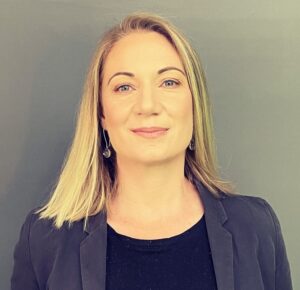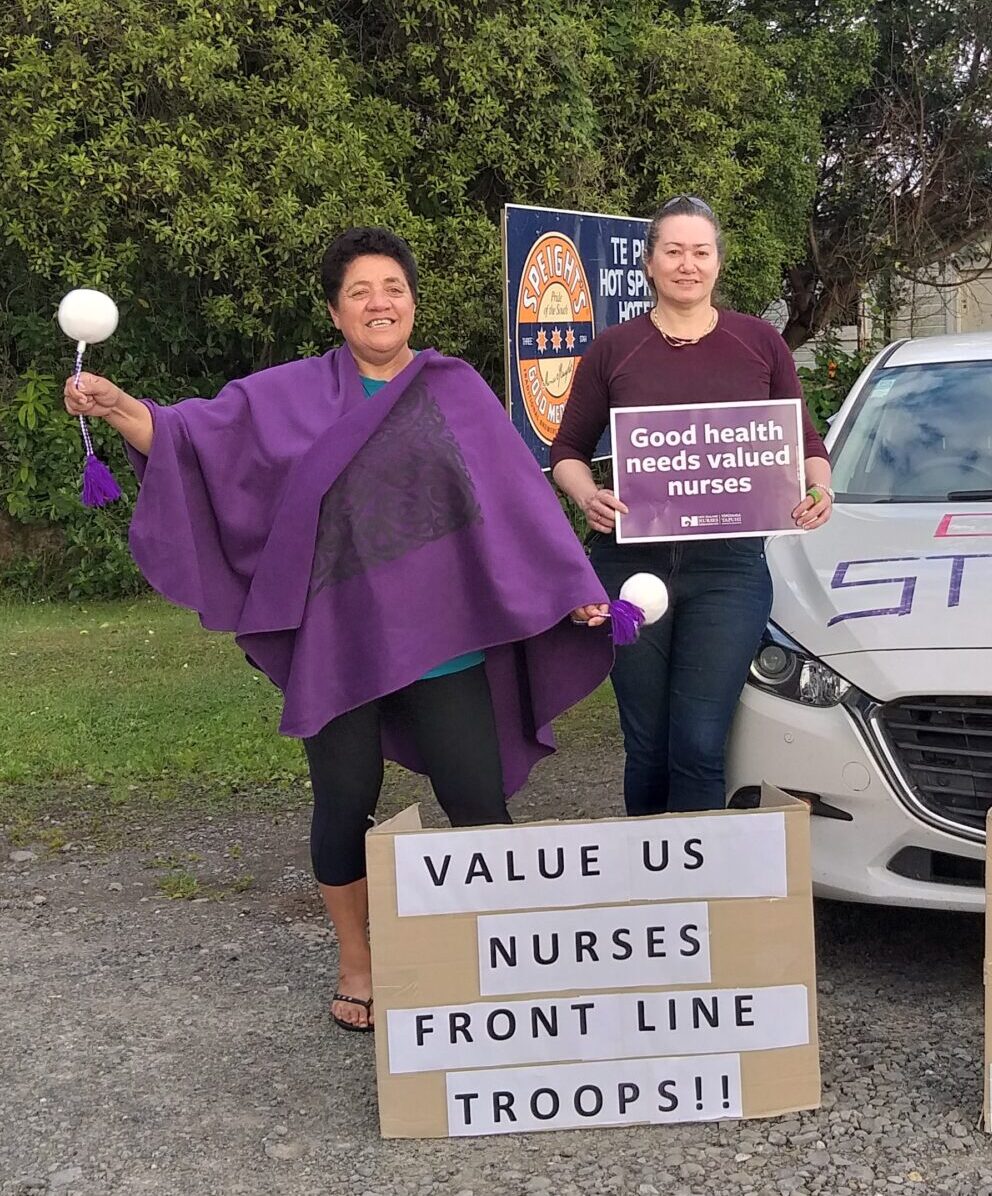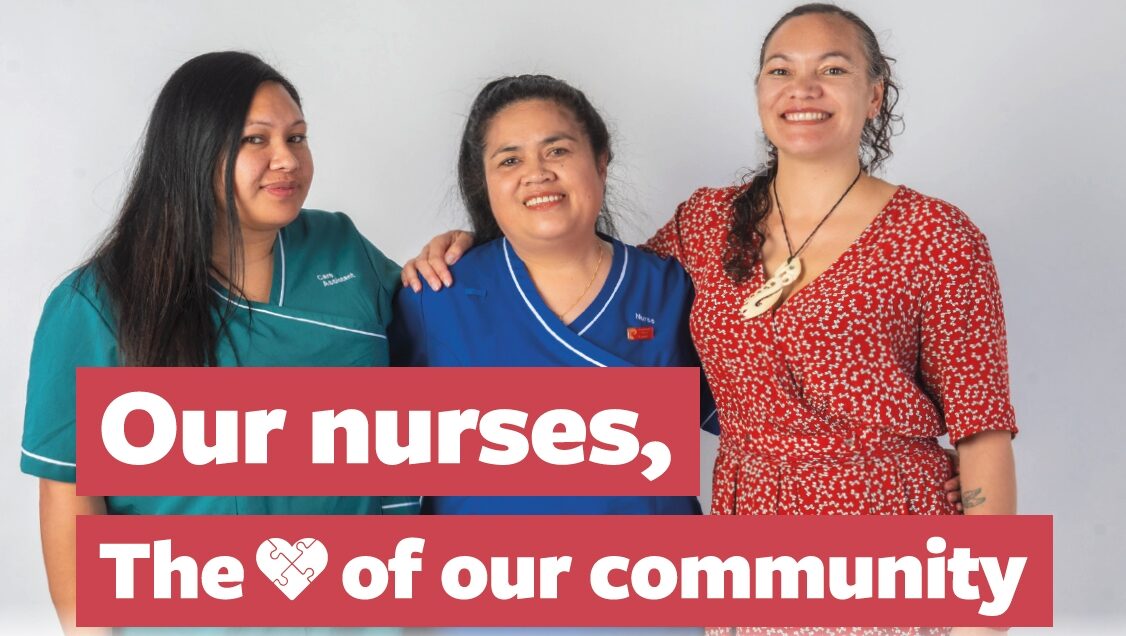Primary health care nurses’ day of action events are from 12:30-1:30pm on Monday 29 August and meeting locations are below:
- Auckland: Corner of Memorial Drive and Gt North Road, New Lynn
- Tauranga: Red Square (bottom of Devonport Road)
- Hamilton: Garden Place, Victoria Street
- Wellington: Midland Park
- Christchurch: Riverside Market

We are calling on Minister of Health Andrew Little to ensure that Te Whatu Ora/ Health NZ supports Aotearoa’s primary health care (PHC) nurses with pay parity and ongoing professional development funding and support, to show us nurses that we are valued as well as improve recruitment and retention in PHC.
Nurses working in the PHC sector nurse our communities across the life span, from supporting new mums and bubs to providing palliation at the end of life and everything in between. The goal is to always nurse patients in a way that supports their values and their whānau.
Part of this work in PHC is to reduce the burden on high-level care, allowing sicker and more complex patients to stay at home and be treated in the community. Therefore, PHC nurses are expected to have expert generalist knowledge and skill to support the increasing complexity of treating patients within the community.
Nurses in PHC are expected to work at the top of their scopes, often with additional post-graduate education, specialist skills and years of experience. We are sometimes required to work in isolation or in people’s homes, respond to ambulance calls, be on call, and work in many other contexts outside of mainstream health care.
I do a lot of work in supporting PHC nurses around education and upskilling for the ever-more complex needs of our patients. Pay parity and ongoing professional development funding and support are the only ways to maintain and grow the workforce of expert generalist nurses that provide our life span health care within our communities.
— Shell Piercy is a nurse practitioner intern, a member of the professional practice committee of the NZ College of Primary Health Care Nurses and founding member of the Urgent Care Nurses Network.
Tairāwhiti rural nurse Gina Chaffey-Aupouri (Ngāti Porou) said PHC nurses, especially in isolated rural areas like hers, faced high pressure, complex situations, and should be paid fairly. “If there is a major medical, we are it.”
For her, she said it was about patients and fairness.
“Always my kōrero is he tāngata, he tāngata, he tāngata . . . For me, the people are always first and foremost. I’m working here because I’m giving back to our people and I’ve had to do lots of study to do that but I’m still $36k less than a person in DHB working,” Chaffey-Aupouri, who is an NZNO delegate, said.

“As Moana Jackson says, ‘ake ake ake, tū tonu’ — we have to stand up for our rights. . . and we have every right to be equal, no matter where you work.”
Waikato PHC nurse practitioner intern, Shell Piercy, said pay parity along with professional development funding, would show PHC nurses they were valued and improve recruitment and retention.
“I think nurses are fantastic, but really it’s our communities we care about and if we’re working at the top of our scope, then we are better placed to serve the community – and that’s it.”
In urgent care, where she worked as an nurse educator, were “isolated, on their own, outside of DHBs, they’re very loosely connected to PHOs (primary health organisations) — where do these nurses turn?”
“As Moana Jackson says, ‘ake ake ake, tū tonu’ — we have to stand up for our rights. . . and we have every right to be equal, no matter where you work.”
A former emergency nurse, Piercy said PHC nurses were under just as much pressure. “I’ve seen Middlemore on a bad day and I’ve walked into an urgent care clinic as an educator and seen the same amount of stress and pressure from the community on those practices.”
“I think nurses are fantastic, but really it’s our communities we care about and if we’re working at the top of our scope, then we are better placed to serve the community – and that’s it.”
NZNO members across every sector are encouraged to turn up in their regions on Monday at 12.30 in support, NZNO campaigns advisor Katy Watabe said. “Having nurses and health-care workers from all sectors will be a powerful way of showing that unfairness for primary health care nurses is an issue that all NZNO members care about seeing resolved.”
Primary health care (PHC) nurses provided highly skilled and complex quality care, in community settings such as GP practices, Māori and iwi providers, Plunket, Family Planning, urgent care clinics, and in people’s homes, Watabe said.
“PHC nurses support whānau to stay well which in turn reduces pressure on our public hospitals,” she said. “It’s not right that primary health-care nurses are paid less than nurses working in other parts of the health sector. They have the same skills and qualifications and their work is of equal worth and importance.”
A nurse working in PHC earns 10 to 20 per cent less than their equivalent at Te Whatu Ora, while a nurse working for a Māori health provider can earn about 25 per cent less.
Additional funding was “urgently” needed to “properly value” Aotearoa’s PHC nurses, she said.
Members can sign a petition to Minister of Health Andrew Little and on Monday will have the chance to “vote” in a ballot box on the Government’s PHC health performance and rate it on a Plunket ‘growth’ chart’.
The current PHC multi-employer collective agreement (MECA) expires on August 31.




